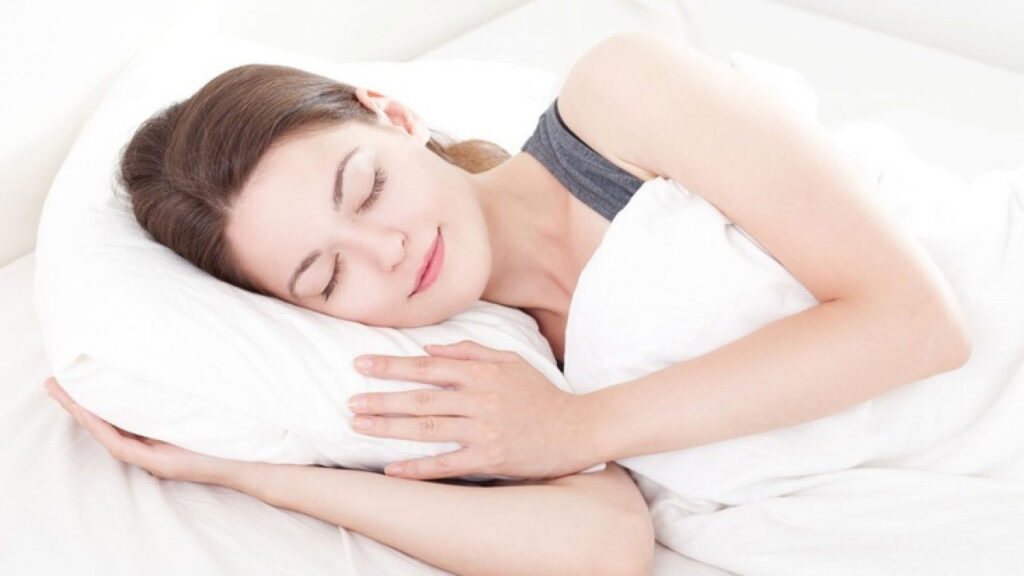Sleep. It’s right up there, just behind diet and exercise, when it comes to the lists of things you should do to be healthier and happier. And it’s also something that a lot of people struggle with for a variety of reasons.
Now, I admit that I don’t always get my full eight hours. Sometimes I find something interesting on the internet and stay up for hours reading everything there is to know on the topic. But is eight hours actually what you need? Or is it, as with so many things, a lot more complicated?
There are some things that are clear. When you’re tired, you can’t focus. You’re grouchy. Easy tasks become much more difficult. And there’s a reason the phrase “bright-eyed and bushy tailed” gets used to describe people who are wide awake and alert. Just look at yourself in the mirror when you’re forced to get up early. Bleary-eyed and scruffy-haired would be more accurate.
Circadian rhythms are a kind of biological clock that tells you when to sleep or wake. For most people, it follows night and day, but it doesn’t work like that for everyone. Some people are natural night owls. Our sleep cycles change through our lives, too, with small children and the elderly prone to waking up early while some teenagers easily sleep until noon. It’s not just laziness; it’s biology.
We need sleep to replenish our energy levels and repair any injuries after a long day. It also helps with memory processing, ensuring events can be placed in our long-term memory banks. Sleep is a time of recovery and restoration. Without it, we risk burning out.
Problems with sleep can be due to physical issues, such as sleep apnea or restless leg syndrome. They can also be more mental or emotional, with stress being a major contributor to insomnia. What’s causing your sleep problems may affect any treatment plan, but there are some common things that are often believed to improve sleeping. They’re known as sleep hygiene.
Sleep hygiene includes things like a regular routine before going to sleep, ensuring your room is dark and quiet, and avoiding alcohol and caffeine close to bedtime. It might not work for everyone. Again, sleep habits can be a very individual thing, so you need to figure out what’s best for you.




